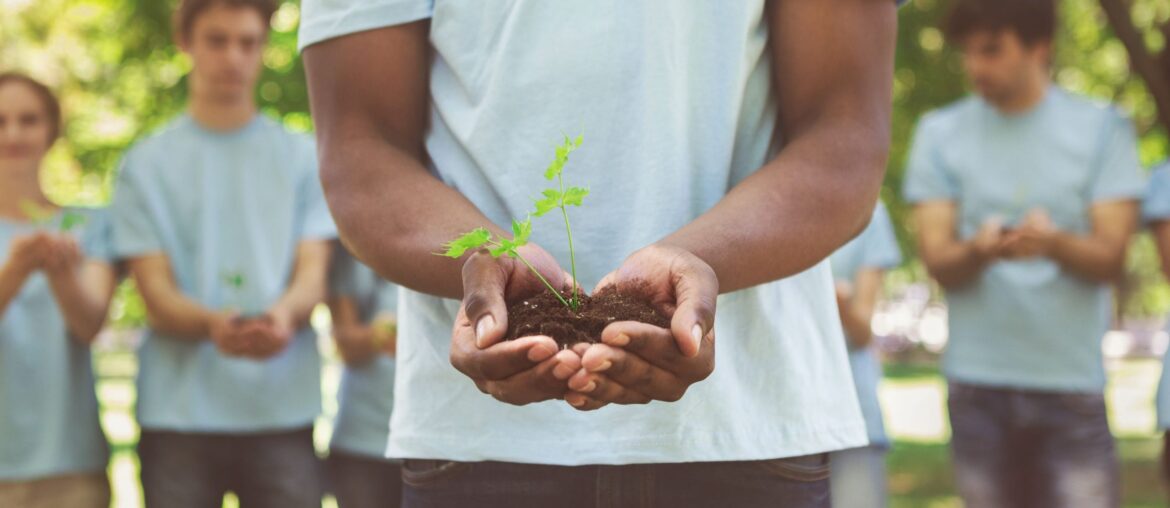We live in a world where remarkable environmentalists are not equally recognized across communities, namely the black community. In case you didn’t know, black environmentalism is a major deal in the modern age.
As we are near the end of Black History Month, we’ve assembled 7 influential African American environmentalists who are making great efforts in promoting sustainability and applying an intersectional lens to sustainability issues and solutions.
Dr. Robert D. Bullard
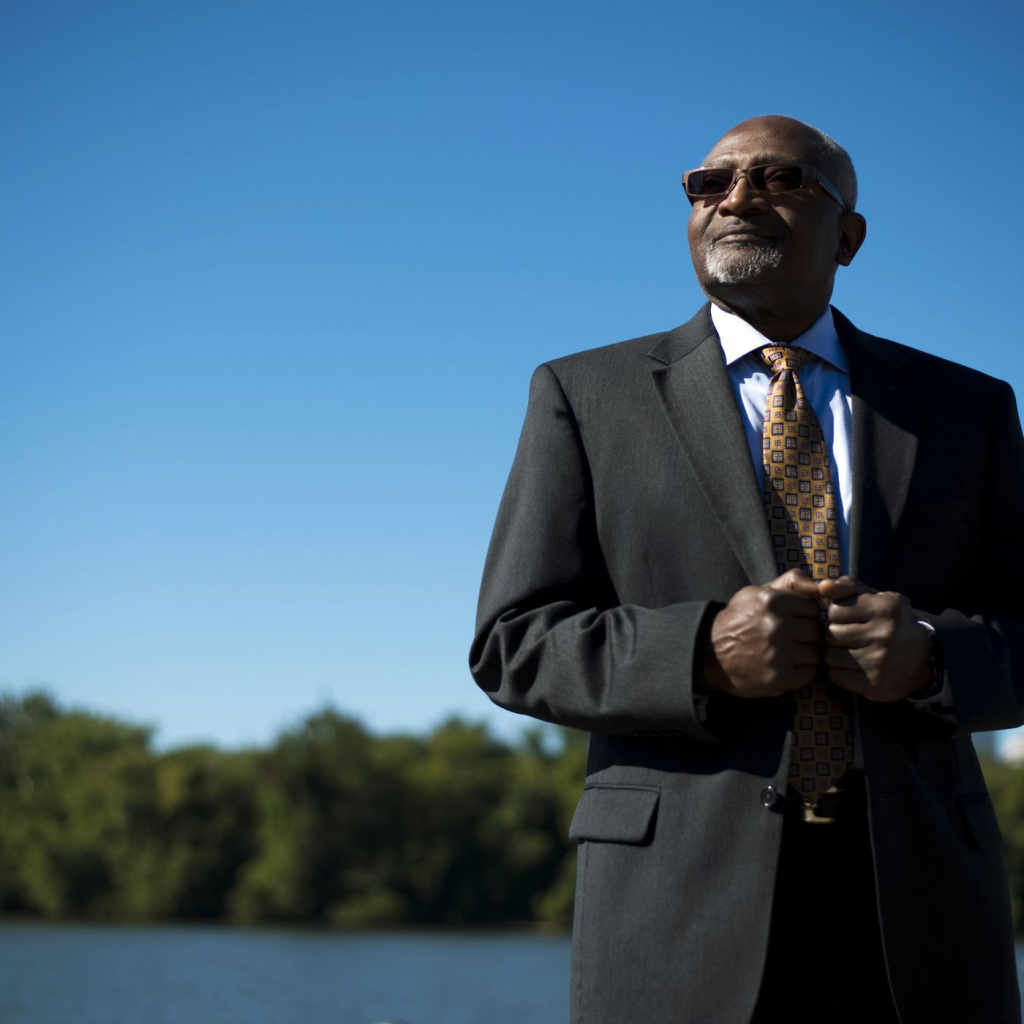
Dr. Robert D. Bullard, known as the “Father of Environmental Justice,” has written over 18 books and received several honors, including the United Nations Environmental Program’s (UNEP) 2020 Champions of the Earth Lifetime Achievement Award. Bullard’s career as an environmental justice advocate started in 1979, when he served as an expert witness in the civil case Bean v. Southwestern Waste Management, Inc, in which an African American family organized a coalition to oppose the construction of a landfill in their community. Bullard performed a sociological analysis that revealed how waste dumps, incinerators, and landfills were disproportionately located in Black Houston areas. Bullard was inspired by these discoveries to research environmental racism throughout the American South. Bullard has lately been prominent in discussions on how Black communities are more sensitive to COVID-19 because they are more exposed to air pollution owing to their closeness to power plants.
Leah Thomas

Leah Thomas is an environmental activist who works on several levels. After the killing of George Floyd in May 2020, she shot to fame when Leah’s Instagram post urging environmentalists to join the Black Lives Matter campaign went viral. Since then, Thomas has advocated for the inclusion of a wide range of voices in the environmental movement. She developed the ‘Intersectional Environmentalist’ platform, which examines how environmentalism affects not only Black people, but also Latinx, South Asian, East Asian, US Indigenous, South East Asian, and LGBTQ people.
John Francis
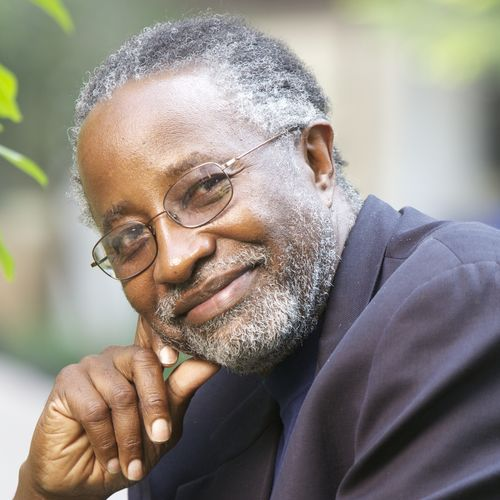
John H. Francis III, often known as The Planetwalker, is an American environmentalist who was born in 1946. He was born in Philadelphia, the son of a West Indian immigrant, and as a young man went to Marin County, California. He quit traveling in motorized cars after witnessing the destruction caused by the 1971 San Francisco Bay oil spill, a promise he kept for 22 years, from 1972 to 1994. He also remained silent for 17 years, from 1973 until 1990, and later his first book was titled 17 Years of Silence. Furthermore, he received a Ph.D. in land management around this time and visited many places, walking across the lower 48 states of the United States and even into South America. Francis was awarded a Goodwill Ambassador for the United Nations Environmental Program in 1991.
Majora Carter
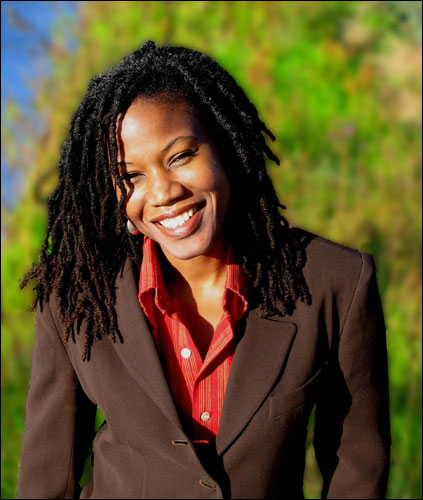
Majora Carter is an urban regeneration strategist who developed and directed the non-profit Sustainable South Bronx, which focuses on environmental justice solutions. Carter founded a planning and consulting business to work with towns throughout the country to encourage green job creation and sustainable economic growth. Carter was awarded the Macarthur ‘genius’ prize in 2005 for his work in urban planning and economic development. While Carter is no longer employed by the government, her Ted Talk was one of the first six to be published on the Ted.com website, and it was significant in bringing environmental justice to the attention of the public. Carter discusses urban regeneration through the lens of environmental equity and the significance of “greening the ghetto” in her address.
Marjorie Richard
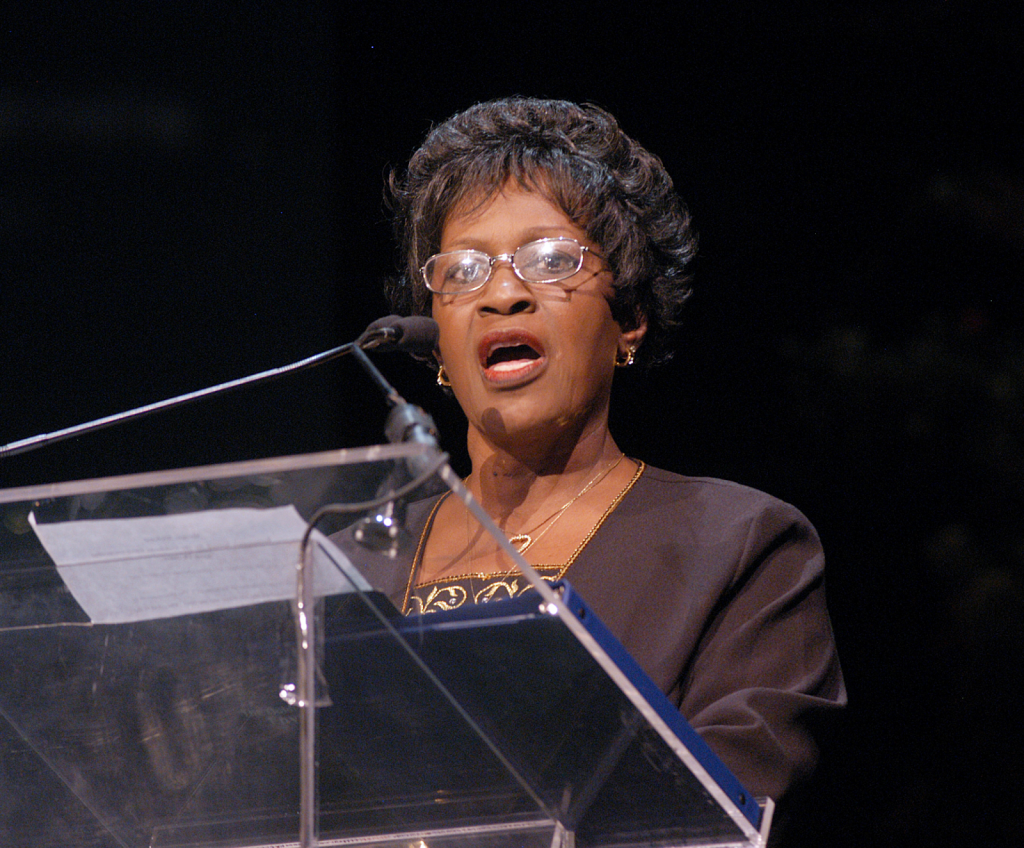
Marjorie Richard, an award-winning neighborhood environmental justice campaigner who grew up near a Shell facility and a Motiva oil refinery, established Concerned Citizens of Narco in 1989. In her Oil Diamond, Narco, Louisiana community, rates of cancer, bacterial infection, and birth problems were considerably higher than the national average, and Richard was personally motivated after seeing a Shell pipeline explosion. After 13 years of grassroots organization, community research, and legal action, Shell agreed to decrease emissions by 30% and pay for the relocation expenses of people living near the facility in 2000, the first such initiative in the Deep South’s history. Following this achievement, Richard was invited to speak at the United Nations and has continued to consult with communities all over the globe, equipping them to fight environmental injustices.
Corina Newsome

Corina Newsome, a Georgia Southern University graduate student, made headlines last summer when she started the #BlackBirderWeek movement on Twitter in response to the murder of Ahmaud Arbery in Satilla Shores, a neighborhood near her field site, as well as the racial harassment of Black birder Christian Cooper in Central Park. Newsome became interested in wildlife after shadowing a Black woman zookeeper at the Philadelphia Zoo during her senior year of high school—the last Black woman zookeeper Newsome has known. Newsome is now a role model. The New Yorker, PBS, and the Audubon Society have all highlighted her. She’s still active on Twitter as @hood naturalist, an homage to her roots in Philadelphia, and @BlackAFinSTEM, an organization she founded to bring the Black STEM community together.
Van Jones
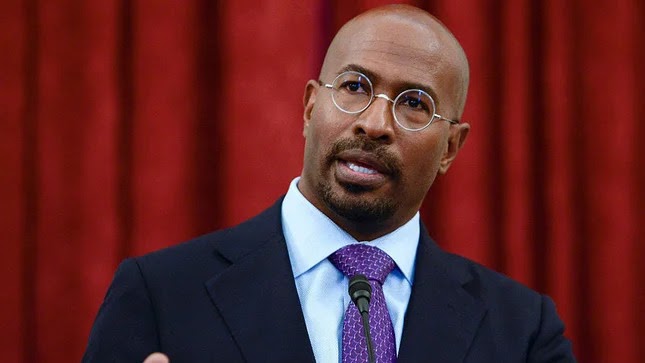
Van Jones has spent over two decades working in the field of social justice, developing innovative solutions to some of urban America’s most pressing issues, including poverty, violence, and environmental degradation, much like the late Martin Luther King. If you’re interested, discover the 7 inspirational trees that honor Martin Luther King. Jones, the creator of Green For All, a nationwide group that works to provide green jobs to underserved areas, advocates for a more inclusive and equitable environmental revolution. He claims that we require a wave of transformation that will “raise all boats.” Jones is also the co-founder of Rebuild the Dream, a platform for bottom-up, people-powered solutions to the American economy’s shortcomings.
In Summary
Environmental justice goes hand in hand with racial justice, and that is a fact. Looking back, climate change and access to environmental resources have disproportionately harmed communities of color throughout history. This is why fighting systemic oppression is more crucial than ever before. The environmental heroes above are pushing back against these institutions, making a huge difference not only in their own areas but throughout the countries.

